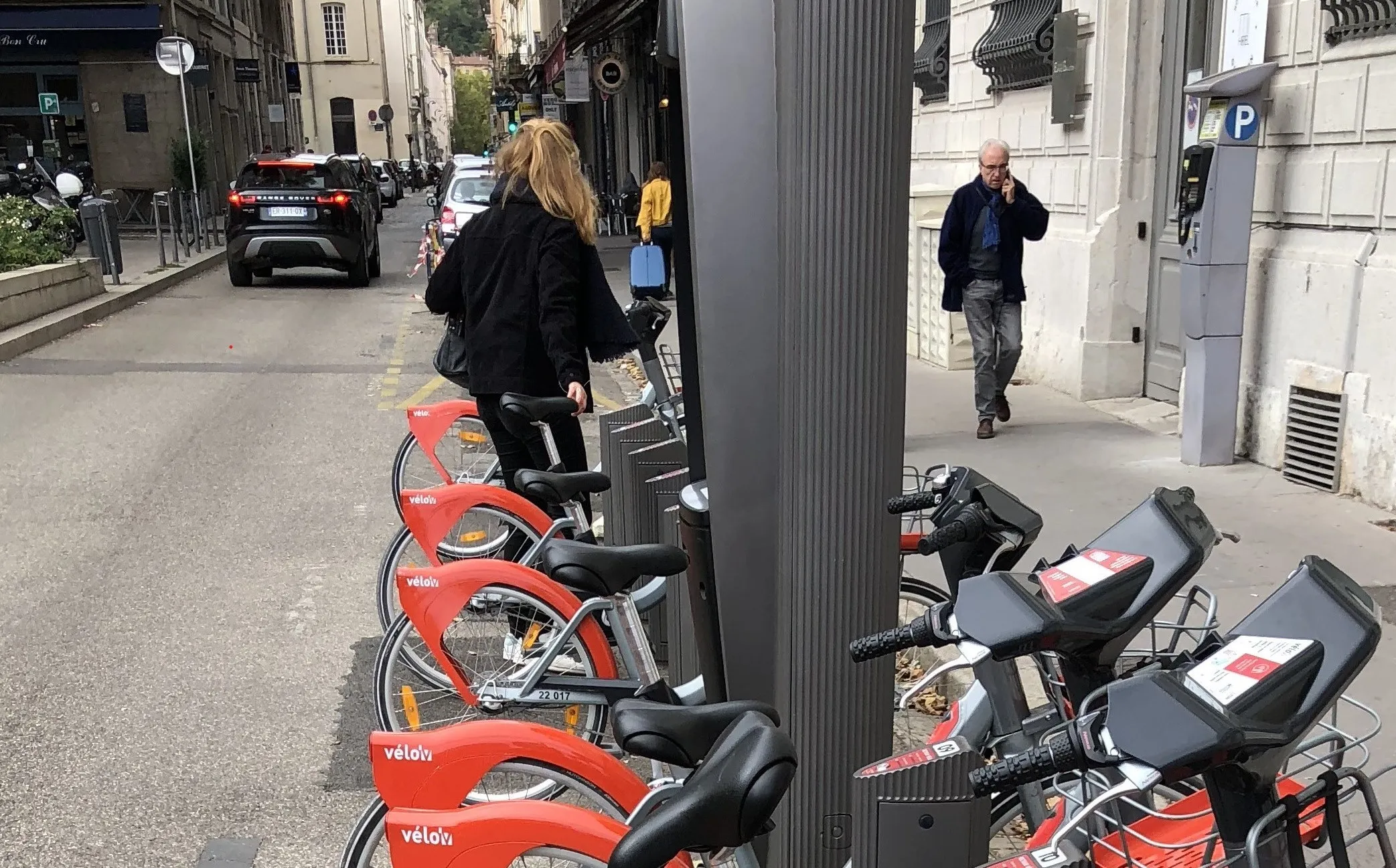
The Ile-de-France region, which surrounds Paris, recently announced that it will contribute €300 million (US$331.3 million) towards the first stage of the RER Vélo bike path project. The RER Vélo is an ambitious plan to create new cycling paths and connect up existing cycling paths and lanes to form a 725km network by 2030.
The French capital’s announcement is indicative of a trend towards creating a recognisable cycle network that is more easy for infrequent cyclists to travel along without fear of getting lost. After the rush to create more cycle routes during the COVID pandemic, municipalities understand that to keep cyclists in the saddle there must be some coordination of what can sometimes appear to be a confusing number of cycle routes and which are not always easily followed.
Of the 21 routes included in the Paris project, 12 are scheduled to be developed by 2025. They will connect the centre of Paris with the suburbs of the French capital, following the lines of the RER regional train network.
However, according to French media reports, the difficulty is that the Ile-de-France region, while financing 60% of the project and in charge of its coordination, is not the contracting authority. Municipalities and associations of communes are often the ones in charge, along with the central French state, departments and other public agencies, depending on the location. The 12,000km² Ile-de-France is the most populous of France’s 18 administrative regions of and is a prime economic hub for the nation. The population in 2020 was estimated at nearly 12.3 million.
Last May, Vincent Degove, associate coordinator of RER Vélo and member of cycling association Paris en Selle, told Le Figaro newspaper that the first phase could be ready in 2024 when Paris holds the summer Olympic Games – 100 years since it previously held the games.
When a route is complete or partially complete, its care and maintenance will be handed over to a local cycling agency or organisation.
A survey in 2019 by the Institut Paris Region note that there already existed nearly 6,000km of cycle lanes in Ile-de-France. It found that, of roads with cycle lanes, 60% had specific areas cordoned off for cyclists while 40% encouraged cyclists to share space with other forms of traffic or pedestrians.
The RER Vélo will add value to the existing lanes by connecting them and and give the network a consistent look, making it easier for cyclists to understand and follow.
An increasing number of French cities have adopted a similar strategy, connecting their existing cycle paths and routes to create what they term a more “fluid” network. The routes are easily understood and knowledge of destinations are known without much prior experience of riding a route. For example, last October, Lyon announced that Parisian consultancy Spintank had designed the branding for the greater Lyon region’s network of express pathways - Les Voies Lyonnaises. The branding includes a logo, icons and signage to encourage what are called “hesitant cyclists”.
While bicycle manufacturers and bicycle shops reported major increases in sales due to COVID restrictions on public transport, many cities had to have a strategic look at their cycling networks to cope with increased two-wheel traffic. Bordeaux was one such city. It declared in May 2020 that it was developing “an emergency cycling plan” to help ensure that the region’s cycling infrastructure could accommodate any potential wave of new cyclists.
The plan focused on 100 priority zones where there were likely to be a potential for more cycling but currently lacked appropriate infrastructure. It was announced that 78km of temporary bike lanes were to be created in the city proper as well as dozens outside the city. Lanes previously meant for other modes were made into cycle-only lanes or made to be safely with vehicles, including bus lanes.
Existing bike lanes in Bordeaux were widened and new ones created. To boost safety, low-speed zones were create and some two-way streets were made into one-way streets. More than 1,000 new cycling parking spaces were set up and a dedicated fleet of 1,000 bikes were made available for students to rent.
There appeared no turning back. The changes were not just for the duration of the pandemic but soon would be announced as permanent. Before even the end of 2020, Paris had shifted around 50km of vehicle lanes to cycle-only lanes. Parisians had shown that bikes were a credible commuting choice and that it also helps to cut pollution, noted the mayor at the time. As such, the mayor announced that new cycling lanes in Paris, opened in a rush to deal with a big increase in commuting by bicycle, were there to stay.
The capital’s recently announced investment in the region’s RER Vélo bike path project is going that extra kilometer to ensure cyclists don’t lose their way post COVID.






